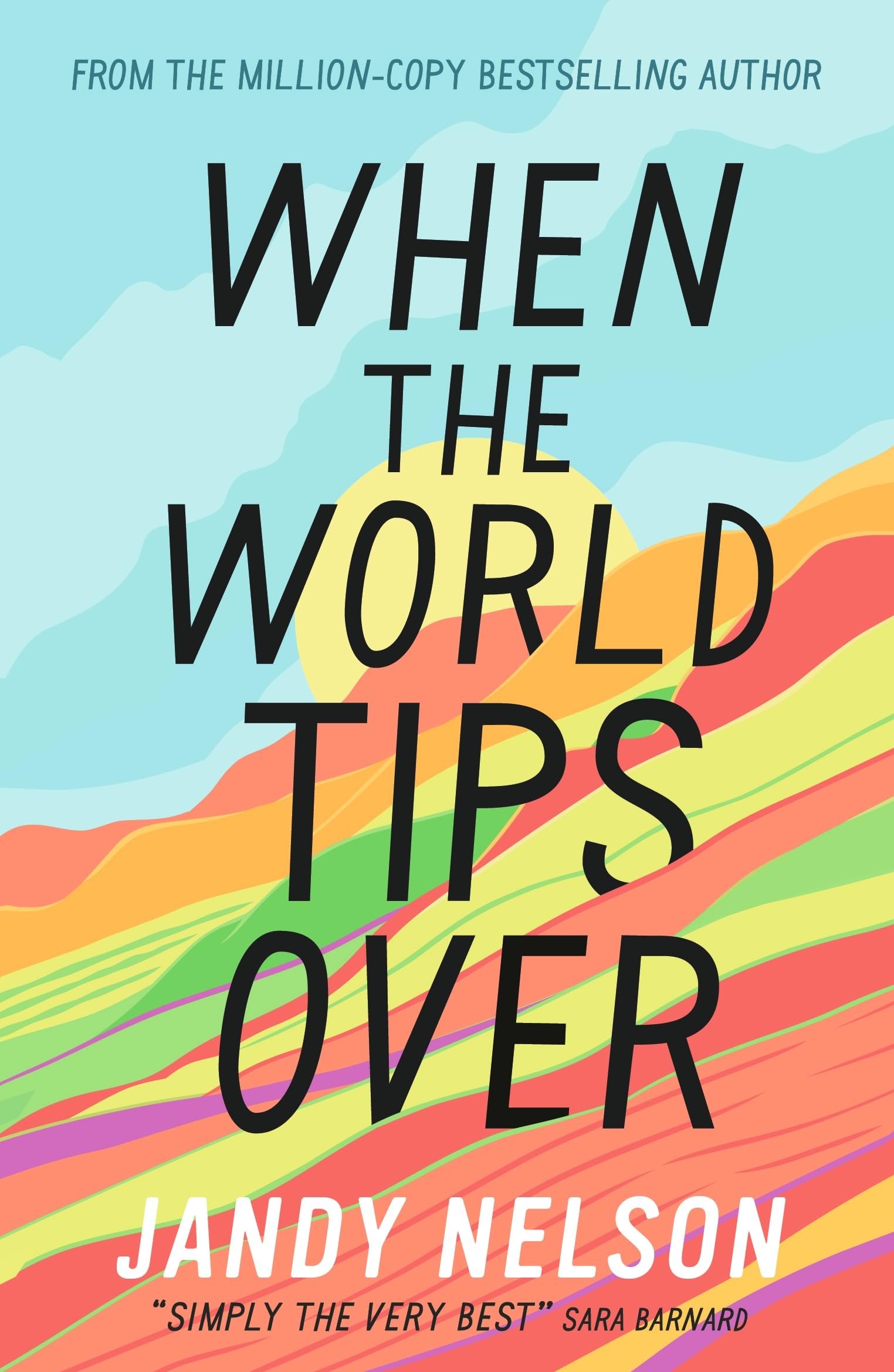Wynton
byWynton’s journey in this chapter is deeply tied to the power of music, which acts as both a conduit for connection and a means of self-expression. Music is not simply a backdrop to his story but becomes an essential force in his life, allowing him to communicate emotions that words cannot capture. The violin, for Wynton, is a tool of communication, offering him a way to bridge the gap between himself and his father, who remains emotionally distant. Through each note he plays, Wynton aims to connect with the father he has longed for, expressing his deepest desires and frustrations. The process of playing becomes a form of emotional release, where his music mirrors his inner struggles—something that, in his mind, could eventually earn him the recognition he seeks from his father.
As Wynton continues to perform, his imagined audience becomes a symbolic representation of his father, who he visualizes as a man wearing a cowboy hat in the crowd. The music he plays takes on the role of a silent conversation between them, a one-sided dialogue filled with his yearning for approval and understanding. Even as he grows in his musical abilities, Wynton can’t escape the loneliness that permeates his relationship with his father. Each performance is infused with both hope and doubt, as Wynton longs to be seen and recognized not only as a talented musician but as a son worthy of love. His music, while beautiful, serves as a reminder of what is missing in his life: the emotional connection he craves but hasn’t yet been able to secure.
For Wynton, music transcends its basic role as a craft. It evolves into something much deeper—an embodiment of his thoughts, desires, and emotional landscape. His violin playing becomes more than just a set of notes strung together; it becomes his lifeline, a constant companion in the quest for meaning and connection. However, when music is no longer enough, when the violin sits untouched and silent, Wynton is left with an overwhelming void. The absence of music in his life is not just a loss of sound but a deeper symbolic loss of connection, a reminder that without emotional closeness with his father, all the music in the world cannot fill the emptiness he feels.
Despite the emotional tumult he faces, Wynton finds a semblance of solace in the company of Cassidy, who offers him comfort and understanding during his most vulnerable moments. Her presence, much like the music he plays, provides a different kind of connection, one not based on notes or melodies but on shared experiences and emotional support. As she shares her stories with him, Wynton begins to feel something akin to the connection he’s been seeking for so long. Her words feel like an invitation to explore a deeper bond, one based not on performance or achievement but on mutual understanding and compassion. In this space, Wynton realizes that while music has played a central role in his life, there are other forms of connection that can offer the same sense of belonging and comfort.
This realization forces Wynton to reflect on his own identity and his past relationship with his family. He begins to see that while music has been a powerful force in shaping his character, the people around him, particularly Cassidy, are just as important in forming his sense of self. His experiences with her make him rethink what it means to belong and to be truly seen, beyond the performance he has been striving for. Cassidy’s role in his life is a turning point, pushing him to accept that while music is deeply meaningful, human connections—especially those built on empathy and shared experiences—hold an even greater power to heal and shape his identity. This chapter ultimately underscores the importance of both personal expression and interpersonal relationships in finding peace and understanding in a complicated world.

